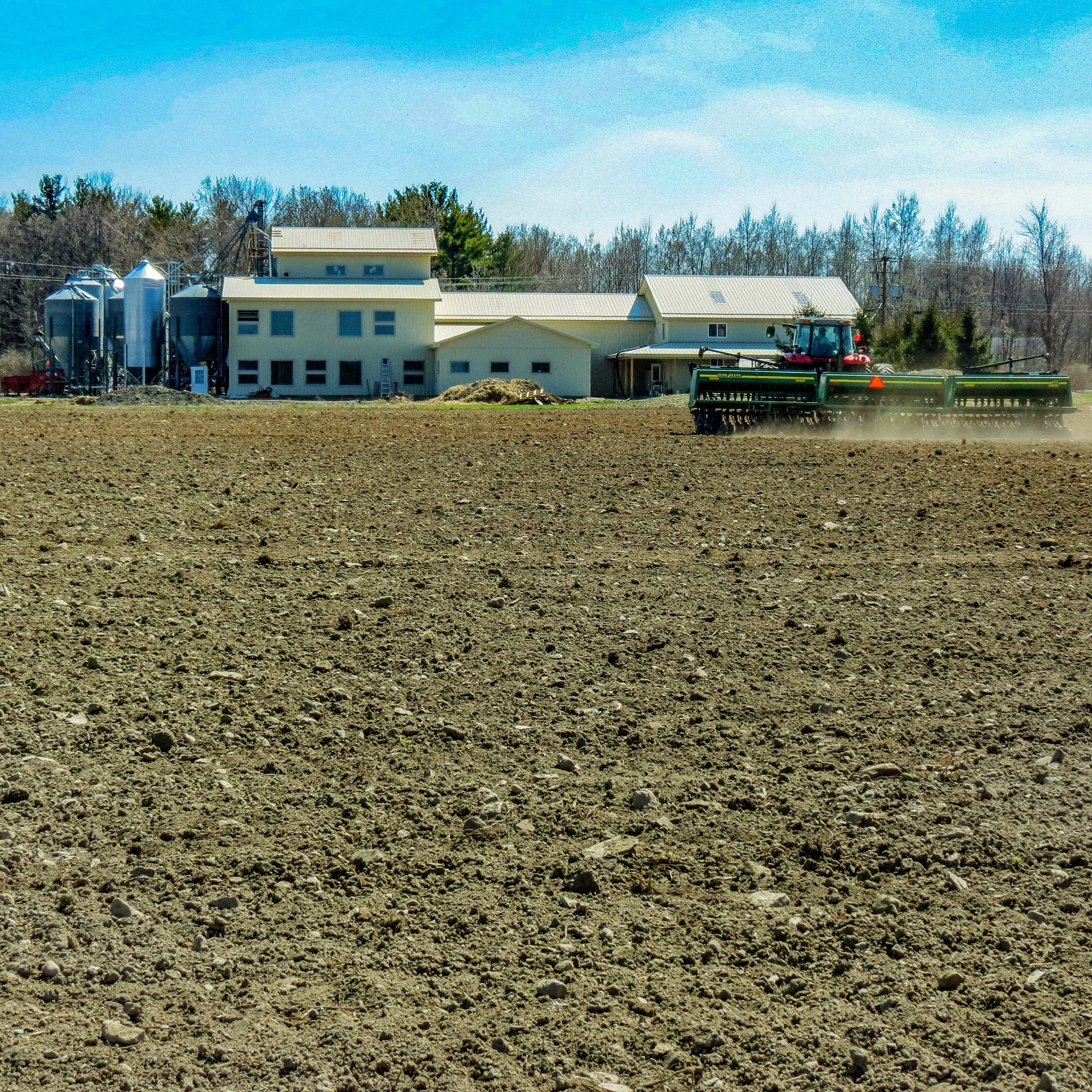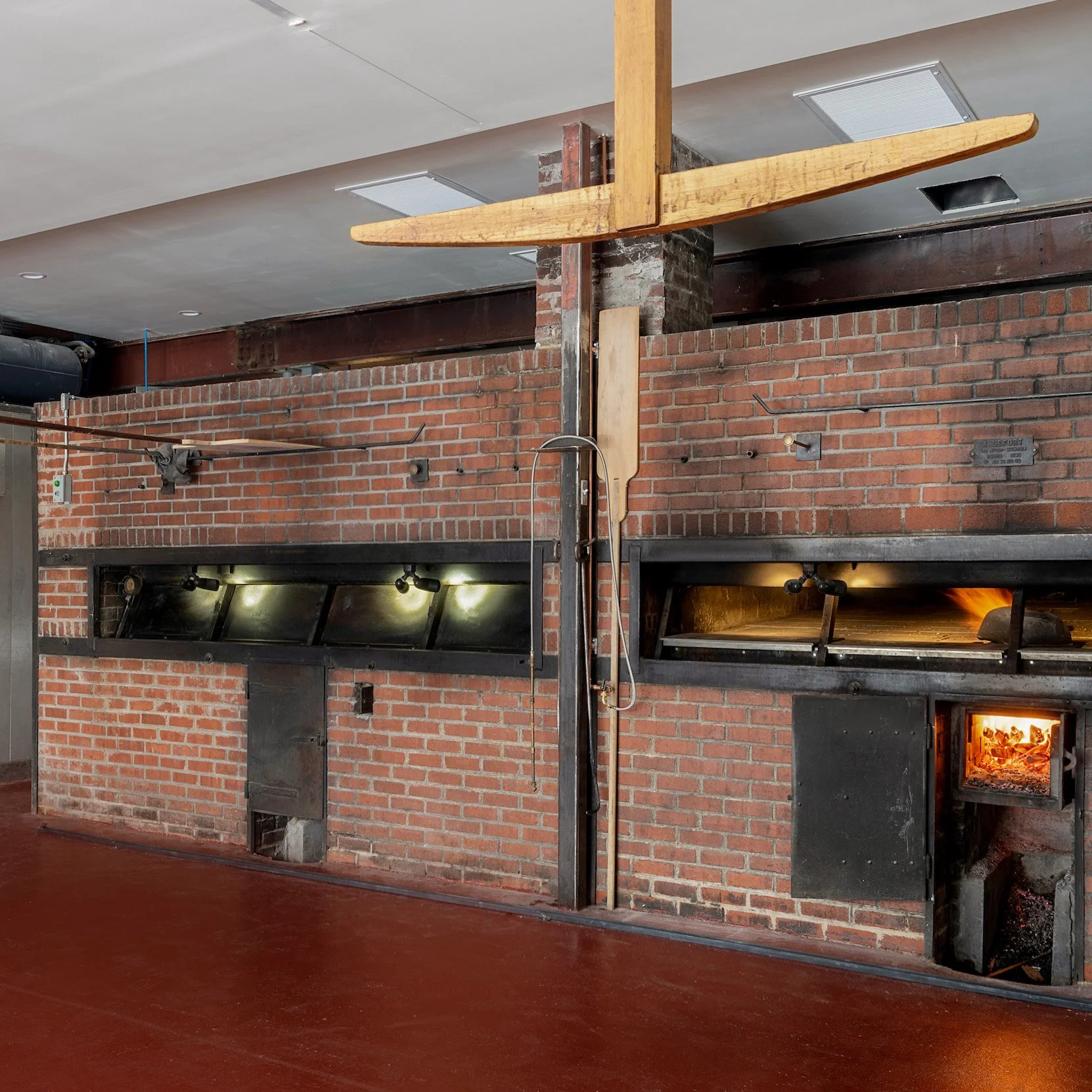We've recently made an update to the way we bake our Whole Grain Health pullman loaf, moving to a full overnight fermentation which improves the crumb's texture. This change means that every single one of our sliced breads goes through over 24 hours of fermentation — using simple, organic ingredients transformed through the unhurried magic of fermentation.
We use our liquid levain for most of our breads, but for the Whole Grain Health we use a stiff whole wheat sourdough starter produced in smaller batches. Managing multiple sourdoughs is a challenge but is key to the diverse profiles of our fermented breads.
In a world that moves fast, we proudly go slow. It’s one of the reasons people say that they feel better when they eat our bread.



































